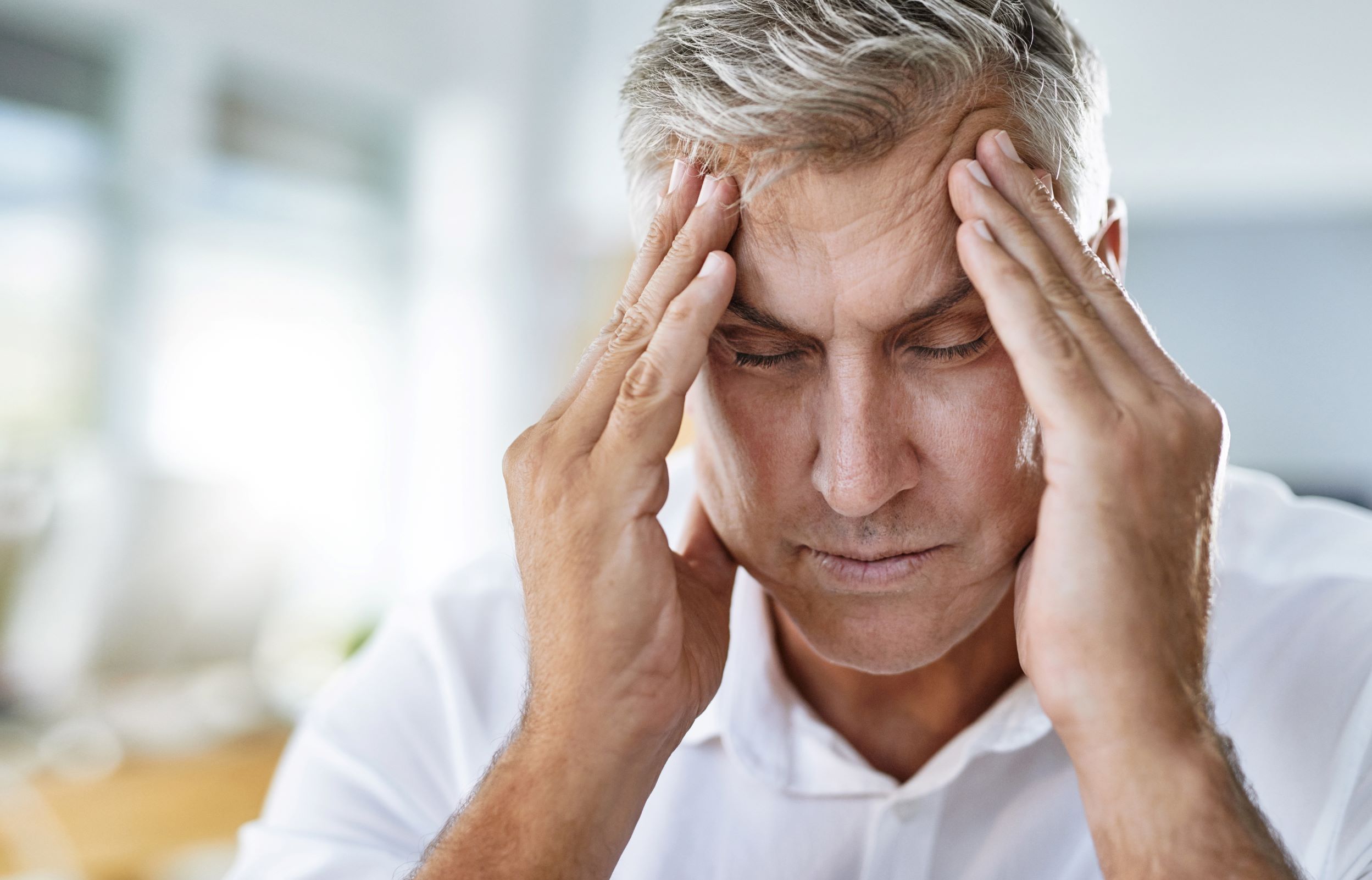It’s a great night, hang out with your friends, dance to some sick beat the Dj is dropping, and have a few drinks; a glass of beer or two, a shot of vodka on the rocks, a little taste of tequila, and body shots. You get home and sleep the night away then you wake up with an aching pounding on your head. ‘Uh oh,’ here comes the hangover, ‘it’s normal, or so you think.
But a day or two passes, and there is still that nagging pain, so you ask yourself, ‘Why do I have a hangover for almost two-three days now? Don’t worry. We’ve got you covered! Let’s talk about hangovers and what to do when they last longer than they normally should.
Table of Contents
ToggleWhat are Hangovers?
Hangovers can manifest after a voracious night or even a day of drinking a mix of cocktails, hard drinks, beer, and many more, or even just taking a swig at a single alcoholic beverage several times. This will render symptoms like headaches, fatigue, stomach and muscle pains, unquenchable thirst, sensitivity to bright lights and sometimes loud sounds, profuse sweating, weakness, anxiety attacks, high blood pressure, and other symptoms.
Each individual suffers from a hangover differently as there are factors that can affect it, like the person’s metabolism but the most common of these symptoms are headaches, fatigue, and sensitivity to bright lights and loud sounds. It’s like saying some people can hold down their liquor better than others, which in this sense is true when it comes to hangovers.
Some doctors and scientists even state that hangovers can be traced down to human anatomy as it can be inferred that hangovers which are mainly caused and driven by too much alcohol intake, can get in the way of the body’s complex process of balancing out its biological chemicals.
A popular theory among scientists is that in the processing of alcohol, the body must convert Nicotinamide Adenine Dinucleotide+ or NAD+, which is an enzyme, into NADH or Nicotinamide Adenine Dinucleotide+ Hydrogen or its alternate form. The buildup of NADH instead of NAD+ disrupts the proper process of the human body’s cellular processes like glycolysis which helps in the oxidation of glucose and other cellular processes like regulating electrolyte levels.
Some of the Causes of the Symptoms of Hangovers

There is absolutely one factor that is sure to cause hangovers the next day, and that is, of course, consuming alcohol; how much is still debatable among each individual as some may get hangovers with just a single drink of an alcoholic beverage, but for some, it may take a whole lot more. But for certainty, hangovers are a byproduct of drinking more than one’s body can bear. However, there are some other notable contributing factors to hangovers.
- Being dehydrated because of drinking too much alcohol can trigger lightheadedness, headaches, dehydration, and unquenchable thirst.
- Triggered responses by the immune system due to alcohol consumption lead to some of the symptoms of a hangover.
- Lower levels of blood sugar cause one to experience weakness, mood swings, fatigue, shaking, and seizures.
- Expanding blood vessels that contribute to headaches.
- Irritation of the stomach lining with the overproduction of stomach acid and delayed stomach emptying triggered by drinking too much alcohol contributes to stomach aches.
- Disturbed REM Cycle or Deep sleep can cause fatigue, headaches, and grogginess.
How Long Do Hangovers Usually Last?
Logically speaking, if symptoms and effects of hangovers vary from person to person; it is also safe to say that the duration of each hangover can vary in each individual as well. It can be said that some factors that affect the duration of each hangover can range from genetics, alcohol intake, alcohol tolerance, or the capacity to tolerate alcohol. Other biological factors such; as metabolic rates, liver health and size, dehydration level, and water intake also play a part in how long a hangover lasts.
But if we are talking about the norm, it usually takes about 8-24 hours for the hangover to take the course. Some testify that, with their kind of drinking, they don’t get hangovers; some get hangovers even with just as little as one bottle of beer. Again it boils down to some biological factor yet to be definitively pointed out.
Of course, there are times when a person drinks on consecutive days or nights, thus renewing, adding, and further aggravating an already existing hangover condition and prolonging it even up to more than three days. Then again, there is also what experts call ‘alcohol withdrawal.’
Alcohol Withdrawal vs. Hangovers
Much like anything and everything else, when taken in excess, alcohol presents some health challenges to individuals who are not only social drinkers but have developed an insatiable taste for alcohol and have become addicted to it. These individuals who consider stopping their prolonged alcohol dependence can not only experience hangovers but also experience alcohol withdrawal. One good way to explain alcohol withdrawal is this.
A person who has been drinking alcohol more than the average person experiences the ‘depressive effect’ on their central nervous system or the brain. To be more specific, this ‘depressive effect’ is characterized by the gradual slowing down of brain functions. In the meantime, the body works hard to keep the brain awake enough to be able to function and send instructions to the rest of the body parts; in the case of heavy drinkers, their body learns to adapt to this kind of ‘depressive effect’ on their brains.
Thus when a heavy drinker suddenly removes the excessive drinking of alcohol from his/her routine, the brain, which has already learned to adapt to this slowed-down state, will most likely stay that way for several more days. This, in turn, is called withdrawal and not just another hangover. The main factor in distinguishing between a regular hangover versus going through withdrawal is the gravity of dependence of an individual towards alcohol.
Nursing a Hangover

So how does one get over his/her hangover? When it comes to regular hangovers, one can expect them to go away on their own eventually, but there are some ways to help ease the rather annoying and sometimes debilitating symptoms that come with a hangover. Unfortunately, there is no single magical pill that can cure hangovers, but here are some easy, helpful tips for that much-needed hangover relief.
- Rehydrating your body with water: Some of the symptoms of hangovers can be improved by simply rehydrating your body with water. Plain water or water improved with electrolytes can help ease headaches, stomach aches, thirst, and the like.
- Get more rest and sleep if possible: Sometimes, when you need to nurse a hangover, simply sleeping in will help improve and alleviate some of the symptoms as it also helps the body recuperate from the assault of the alcohol on your bodily systems.
- Drink medicinal herbs like ginseng, or for some, really nice orange juice will suffice: The medicinal properties of ginseng have been used for several centuries already and are proven to help with symptoms like headaches, stomach aches, dizziness, nausea, and vomiting.
- Avoid consuming caffeinated drinks like coffee, tea, and others as they are natural diuretics and will cause more dehydration than help.
- Most important of all is to always drink in moderation or, to be more exact, drink only what your body can take and not more, or else be prepared to deal with the consequences that will come after drinking too much.

I am a passionate beer connoisseur with a deep appreciation for the art and science of brewing. With years of experience tasting and evaluating various beers, I love to share my opinions and insights with others and I am always eager to engage in lively discussions about my favorite beverage.
















